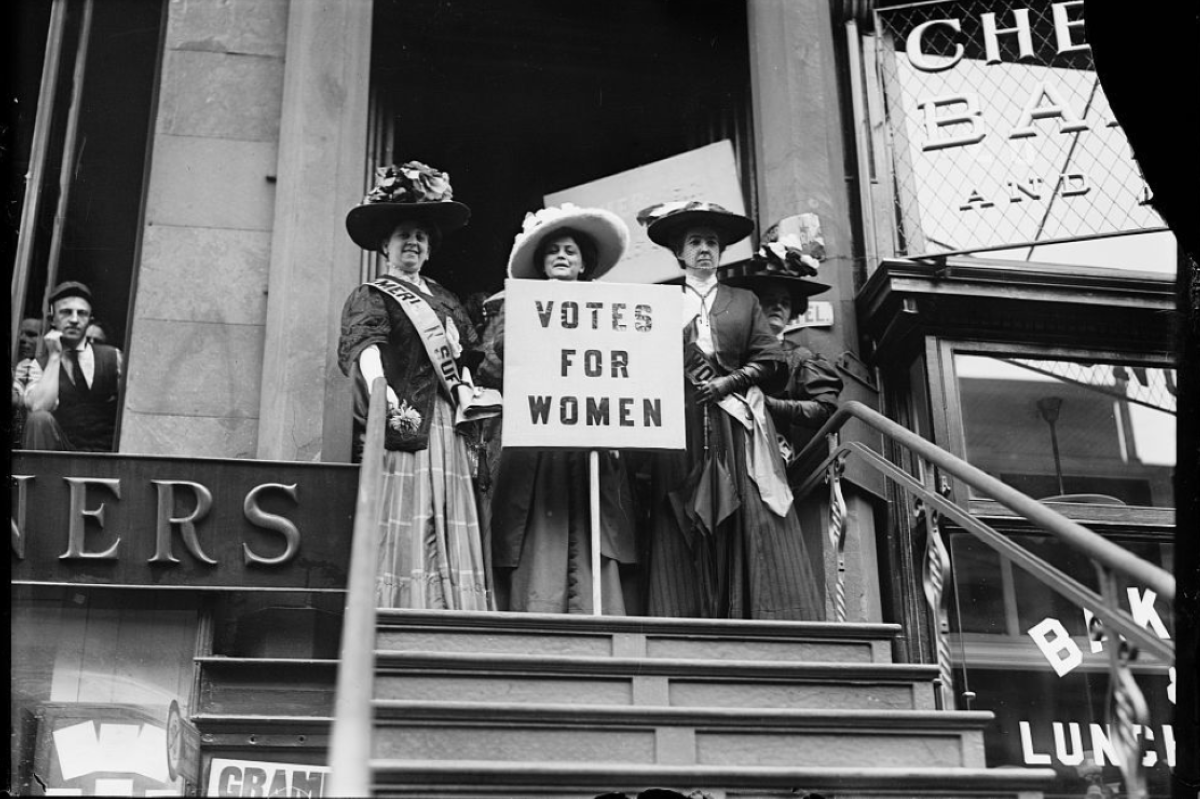‘The Recruit’ Fair, but fun in its depiction of our Intelligence Agencies
When popular action heroes like James Bond and Ethan Hunt have dominated what most people think of as the spy genre, it’s understandable that most people have no clue what spies actually do — namely, infiltrate dangerous places and collect intelligence fOr the government.
It’s also understandable that most people don’t realize that the enemy is not nearly as clear-cut as Spectre or the SyndicateWell-funded terrorist groups with the motivations and the ability to destroy the planet. Too often, the real enemies are less obvious: drug cartels. mafias. fanatical terrorists. Third World Marxist and Fascist Insurrectionists. And usually, those enemies are mixed in with ostensible allies, making a spy’s work both morally and politically ambiguous.
These two clarifiers make it clear that spy agencies and their primary work involve far less. shooting and parkour and much more legal documentation and data analysis. In such a context, the real heroes become the lawyers and paper-pushers who are able to somehow navigate through the bureaucracy of today’s intelligence agencies. How entertaining would a story about how a lawyer manages a case for an agency like this be?
In the case of Netflix’s recent series “The Recruit,” it turns out such a story would be quite entertaining and rightly critical of today’s intelligence organizations and their spies. We will not be focusing on the tropes that have become synonymous with spy fiction. “The Recruit” This refreshing perspective brings this world back to life.
The show focuses on a young CIA lawyer Owen Hendricks who, in his first days at the CIA, becomes entangled with a Belarusian spy Max Maladze who threatens to leak classified information if the agency doesn’t release her from prison. He must deal with his backstabbing colleagues, rivals in other departments, powerful politicians, and armed thugs who work for many criminal organizations as he completes this assignment.
While the show features more than enough action sequences — mostly Owen finding himself in the wrong place at the wrong time — much of the show’s interest comes in its Machiavellian (and apparently surprisingly realistic) portrayal of intelligence agencies. Everybody is in competition with each other, every agreement is transactional and all emotional attachments are liabilities. Owen is not someone anyone wants to help. This would put them at risk and give them certain responsibilities. Consequently, he’s on a constant quest to gain leverage over people and call in favors in order to move forward in his case.
Adding to the intrigue is Owen’s youth. Owen is young and does not have the experience or wisdom to see the moral consequences of his actions. His inexperience can be a benefit as his ignorance allows him to enjoy the chaos but it also leaves him vulnerable to being taken advantage of by others.
The one thing that is certain is the most surprising
" Conservative News Daily does not always share or support the views and opinions expressed here; they are just those of the writer."





Now loading...